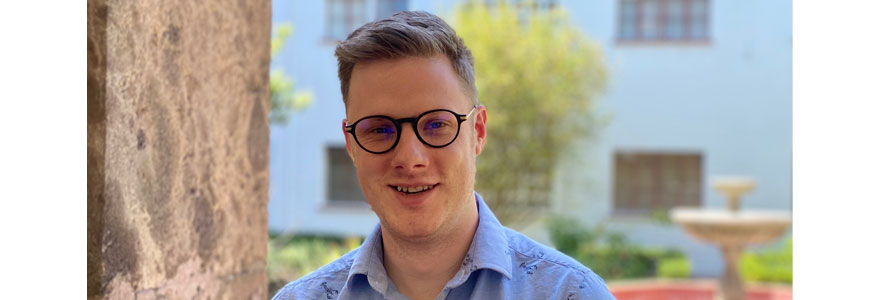News and Updates
Contact
Faculty of Social Science
Social Science Centre
Room 9438
Western University
T. 519-661-2053
F. 519-661-3868
E. social-science@uwo.ca
Defining the meaning in relationships
September 30, 2020
It’s complicated.
That’s what John Sakaluk’s research tell us about relationships. Sakaluk has joined the Department of Psychology as an Assistant Professor and is interested in the norms people apply in romantic and sexual relationships, as well as differences in the meaning groups of people ascribe to relational and sexual concepts and experiences.
Sakaluk’s research features some unusual “real-world” methodology. In one study, Sakaluk and his co-investigators had couples assemble IKEA furniture together, surveying the couples to measure how clear the rules and expectations of role were for each other. Half of the participating couples were given an easy item to assemble, the other half were given an item considered notoriously difficult. Sakaluk and his team assessed couples’ stress and well-being changed throughout the IKEA assembly task, and observed how the different roles each couple assumed affected their well-being and success during their furniture assembly task.
“I couldn‘t think of anyone else who had done an IKEA-based study,” said Sakaluk. “To me, that’s wild, because if you talk to any couple, they have an IKEA story, or know somebody with an IKEA story.”
While experiences with IKEA may be common, the meaning of relationship and sexual concepts can vary considerably from couple to couple, and from group to group, adding complexity to his research.
“If you want to compare features of relationships across different couples, there is an underlying assumption that people have the same thing in mind when they think of those features, but if they don’t, it makes it difficult to compare,” said Sakaluk. “For example, what does it mean to be committed? For ostensibly monogamous couples, this means sexual exclusivity. For non-monogamous people, these same definitions may not apply, but they still have notions of commitment—it’s just defined differently.”
Sakaluk’s research is also known for employing complex methods of data analysis. “When analysing data from couples, it demands particular methods of data analysis, especially when asking these complicated questions,” said Sakaluk. To assist with the complexity of analysing “dyadic data”, like that from couples, Sakaluk developed his own statistical analysis software package for R. He has made the software available to other researchers who may find it useful for their analysis.
Sakaluk joins other researchers in the field of relationships and sexuality, including Samantha Joel and Lorne Campbell. Sakaluk is already collaborating with Joel on a project.
“Having two other people in my direct area is great,” he said. “It feels like we are trying to build up strategic strength in close relationships and sexuality. It’s exciting because although we share a lot of topical interests, we each approach question in diverse methodical ways."










